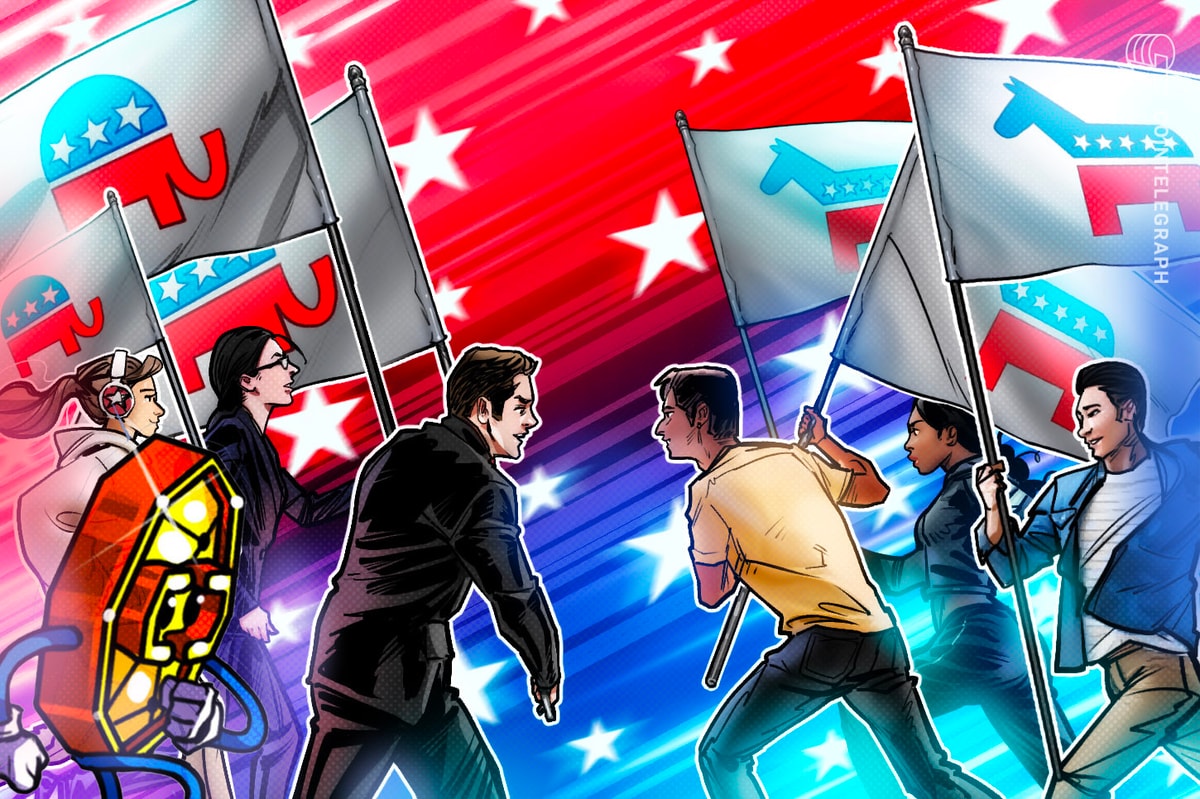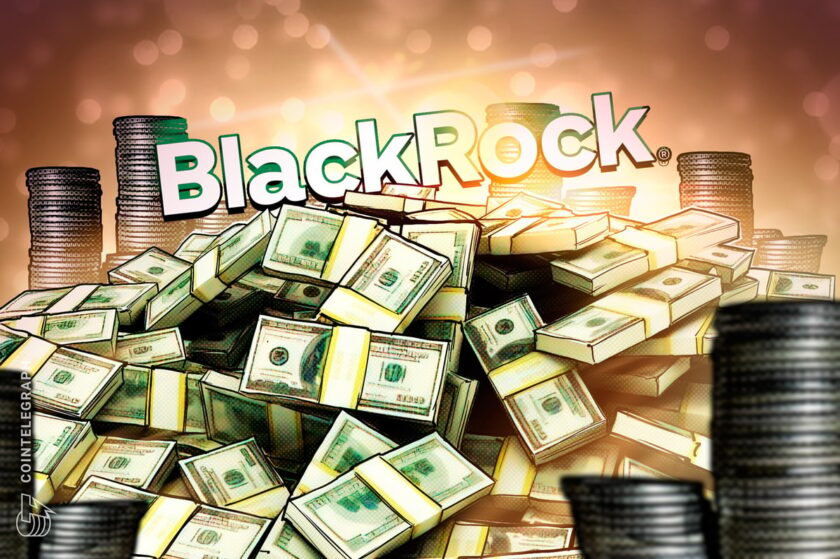Senate Democrats submitted a counterproposal to the crypto framework bill last week. Industry advocates are concerned that this will stall progress on the legal clarity for the blockchain industry.
The proposal, which has not yet been released publicly, would reportedly impose a number of rules for decentralized finance (DeFi) protocols. Among these is a supposed “restricted list” for DeFi protocols deemed too risky.
Industry commenters are concerned that the measures are made in bad faith. Digital Chamber vice president of policy and government affairs Zunera Mazhar said that the law gives “sweeping authority, narrowly defines decentralization, and treats front ends like financial intermediaries.”
Following the proposal, Senate talks on the bill have reportedly halted until Democrats and Republicans can agree on a markup session. Amid an industry outcry, further work on the crypto framework bill has slowed to a crawl.
Crypto framework law progress stalls
The recent proposal from Democratic senators in the Senate Banking Committee has put a pause on the Responsible Financial Innovation Act (RFIA), which has already been beset with delays.
The committee initially released a draft of the RFIA in July. Committee Chair Tim Scott said in August that he expected the law to pass by the end of September. In August, Scott noted nominal bipartisan support for the bill, which he said was necessary for it to pass.
The deadline has come and gone, and now it looks like making the RFIA a reality will only get more difficult. Each side has accused the other of holding up negotiations as the issue descends into partisan mudslinging.
According to Punchbowl News, which first acquired a copy of the Democrats’ proposed amendments, further meetings regarding RFIA are now on hold. Catherine Fuchs, Scott’s staff director, reportedly said, “Until we have an agreed upon date for markup we are going to pause any further meetings.”
Markup is a process where legislators go through a bill, review each line item and propose amendments to change, add or delete language.
Jacques Petit, communications director for Democratic Senator Ruben Gallego, blamed Republicans for the legislative standstill. He claimed that they asked for input from Democrats, “then turned around and leaked our proposal and pretend to be surprised that our parties have policy differences.”
“Democrats have shown up ready to work but our Republican counterparts are crashing out.”
He said, “Their demand to set a markup date before text is agreed to is like setting a wedding date before the first date. It’s nonsensical.”
Republicans criticized Democrats for leaking communications to the press. Scott’s spokesperson, Jeff Naft, said, “Leaking private communications during market structure negotiations should tell you everything you need to know … It shows one side is more focused on political narratives than serious work.”
Whether the bill can progress in the committee seems to depend on which side wavers: either Republicans return to the table, or Democrats agree to a markup.
Notably, the Banking Committee is not the only Senate body discussing the crypto framework bill.
As of Oct. 6, some talks were reportedly still underway in the Senate Agriculture Committee over the commodities-related aspects of the bill. There, Senator Cory Booker took over bipartisan talks with the office of Senator John Boozman. It’s currently not clear what, if any, progress has been made.
Blockchain industry outcry
The Democrats’ proposal was met by an outcry from the crypto industry. The main complaint was the Democrats’ proposal of a “restricted list,” overseen by the US Treasury, for DeFi protocols deemed “too risky.”
Blockchain Association CEO Summer Mersinger said it would “effectively ban decentralized finance, wallet development, and other decentralized applications in the United States.” She further added that the current language would make it impossible for decentralized applications to be compliant. It would also drive development offshore, Mersinger said.
Mazhar said that the Democrats’ plans were simply outdated. “It’s heavy handed, ineffective, and risks pushing innovation offshore instead of addressing real risks.” Instead, she proposed that DeFi regulations focus on targeting illicit finance chokepoints and “developing risk-based oversight.”
Jake Chervinsky, chief legal officer of investment fund Variant, said that Democrats were not negotiating in good faith.
“A group just sent a counter-proposal to the RFIA and it is deeply unserious. These Senators claim to be pro-crypto, but what they propose is basically a crypto ban,” he stated.
Chervinsky did not shy from hyperbole; he said the proposal was “less a regulatory framework and more an unprecedented, unconstitutional government takeover of an entire industry. It’s not just anti-crypto, it’s anti-innovation, and a dangerous precedent for the entire tech sector.”
Alexander Grieve, vice president of government affairs at investment fund Paradigm, recalled the crypto industry’s boogeyman, former Securities and Exchange Commissioner Gary Gensler.
“If the market structure bill landed on developer protections at a midpoint between where the bill currently is, and where this new proposal planted a flag, that midpoint would be worse than anything Gensler cooked up,” he said.
With senators at a standstill on crypto and on the funding of the US government as a whole, the future of the landmark bill for the crypto industry becomes less certain. Partisan divides are growing starker than ever, and it seems the blockchain industry won’t be spared.
The offices of Senators Booker, Scott and Gallego did not respond to Cointelegraph’s request for comment as of publishing time.
Magazine: EU’s privacy-killing Chat Control bill delayed — but fight isn’t over






